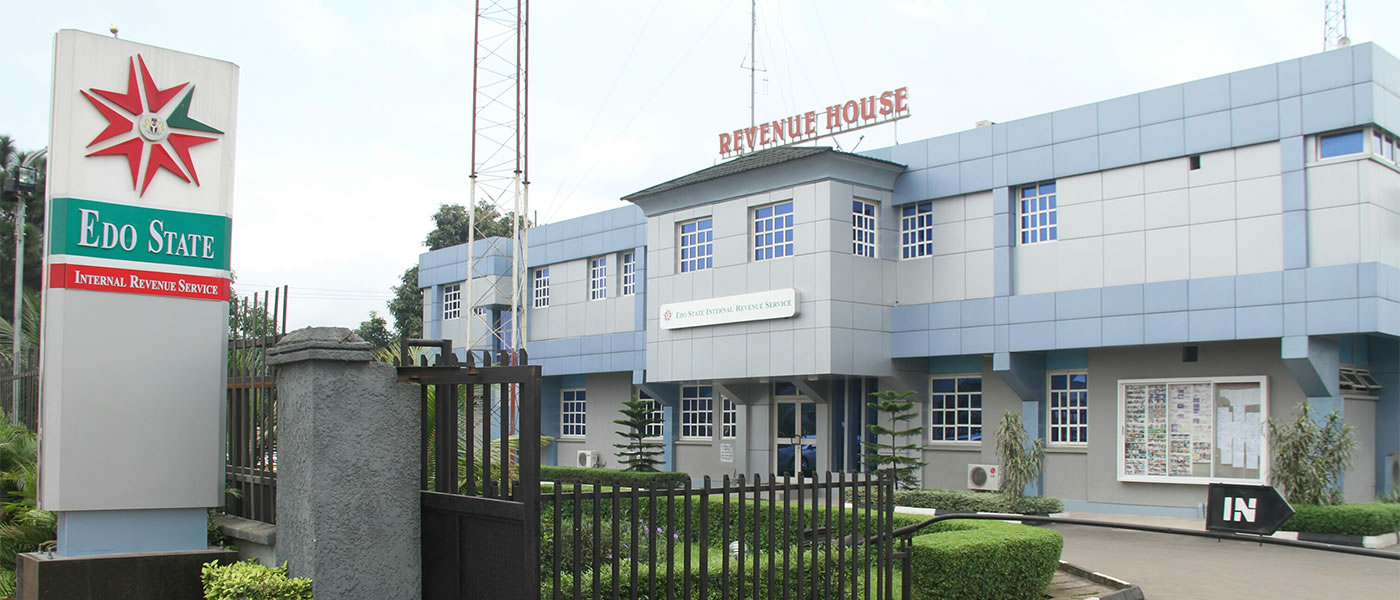The Edo State Internal Revenue Service (EIRS) Chief OseniElamah has said that out of the 4.2 million people living in Edo State only 160, 000 of them pay tax, thereby placing the tax burden on less than 10 percent of the total population.
Speaking to newsmen in Benin City, Chief Elamah noted that the process could be made robust to capture more people, at least 500, 000 due to the revelations gotten from the Bank Verification Number (BVN) exercise so that even when people paid less tax, government could harness more resources to render services to the citizens.
Giving credence to Section 80 of the Personal Income Tax Act (PITA) 2004 as amended which gave teeth to the approval of waivers, interest and penalties of tax liabilities owed government on debts already communicated to taxpayers as final and conclusive as at November 12, 2016, Chief Elamah stated that provided that these debts were settled within 90 days, starting from December 2nd, 2016 to March 1, 2017, these waivers become applicable based on agreed terms and conditions.
Having subdivided the tax issue and waiver into five broad groups, the EIRS Chief put the Pay As You Earn (PAYE) on the front burner. He stated that though the PAYE tax for debts owed up to November, 2016, had a 90 day period of grace, during which defaulters were encouraged to clear off their debt, however, due to the recession, issues had to be treated to as they emanated.
Under the PAYE scheme, he stated that tax debtors who made payments within the first 30 days of grace would attract a reduction of 50% of the tax owed government plus a waiver of full interest and penalty. Those who made payments within the next 30 days (60 days) would attract a reduction of 30% of tax owed plus a full waiver of full interest and penalty while those who made payments within the last 30days (90 days) would attract a 20% reduction of full interest and penalty.
“The Direct Assessment tax defaulters who also operate within the 90 days period of grace would attract a 50%reduction of tax owed, full waiver of interest and penalty when they pay their outstanding tax within the first 30 days while payments made within the next 30 days (60days) attract a 30% reduction, full waiver of interest and penalty the but payment made within the last 30days (90days) attract a 20% reduction of tax owed and a full waiver of interest and penalty, “ he noted.
For Pools Betting, Lotto/Lottery and Online Sports Betting, tax defaulters, these groups he said were to make payments within the first 30 days to get a 50% reduction of tax owed government, plus a waiver of full interest and penalty while those who complied within the next 60 days attract a 30% reduction of tax owed, waivers and penalties remain applicable while payments made within 90 days attract 20% reduction of tax owed plus a waiver of full interest and penalty.
However, Consumption Tax defaulters owing liabilities of N500, 000 and above who make payments within the 90 days grace period get a reduction of 30% of amount owed and a full waiver of interest and penalty while those owing N500, 000 and below who make payments within the 90 days of grace attract reduction of 50% of the tax owed plus a waiver of interest and penalty.
Digressing from the issue of waivers, Chief Elamah maintained that nobody was authorized by government to mount road block or collect taxes on behalf of government. The insurance anyone needs is to use the nearest EIRS office to get a Tax Identification Number (TIN) Card and flaunt it to fake revenue collectors.
He said the TIN Card was free, gives access to government services and that all income earners who are yet to register under the TIN project are exempted from any form of taxes till the end of March 31st, 2017.
Even while he reiterated that government needed to collect taxes in other render services to citizens which was why the tax burden had to be flexible to entertain more people, he however stated that government was keen at seeking means to drive the state to an industrial revolution through the creation of 200, 000 jobs, making youths see the need to go to school to acquire technical skills, breeding interest in Agriculture and industry.
To make this process thrive, he encouraged youths to be peaceful and law-abiding for it was only in an environment void of insecurity that investors could bring foreign direct investment to the state.


